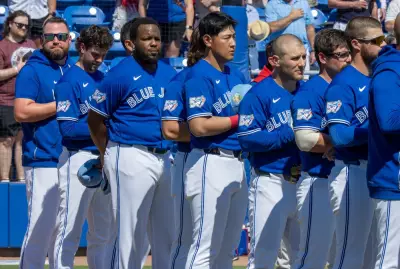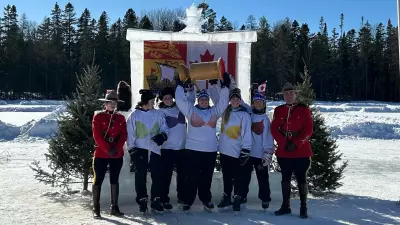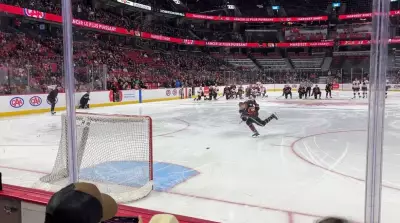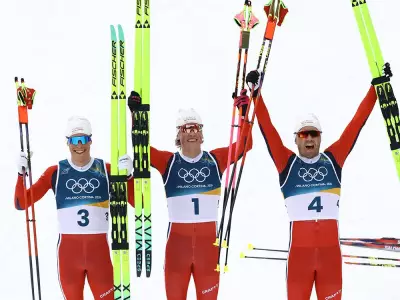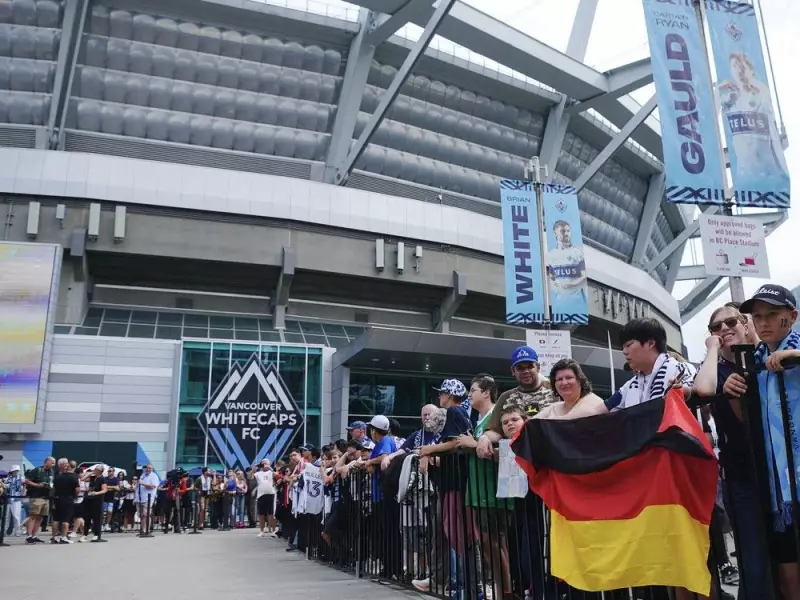
Major League Soccer Commissioner Don Garber delivered a stark message during his recent visit to Vancouver: the Vancouver Whitecaps cannot continue operating under their current arrangement at BC Place Stadium. With the team's lease set to expire in December and no new agreement finalized for the 2026 season, Garber described the situation as critically urgent.
The Unsustainable Lease Situation
Garber didn't mince words when discussing the Whitecaps' tenancy at the provincially-owned stadium. The current lease agreement simply doesn't work for the soccer club's long-term viability, he emphasized during a roundtable discussion with local media. What makes the stalled negotiations particularly concerning is the commissioner's admission that he bears some responsibility for the impasse.
"That's reckless on my part," Garber stated frankly, explaining that his characteristic optimism had led him to believe the lease situation would be resolved by now. The commissioner suggested that PavCo, the crown corporation that operates BC Place, has limited flexibility in negotiations due to directives from the provincial government.
Community Impact Versus Financial Reality
The Whitecaps have undeniably strengthened their connection with the Vancouver community this season. The arrival of global superstar Thomas Müller has generated unprecedented excitement, translating into impressive attendance figures and renewed enthusiasm for professional soccer in the city. The team's winning performances have made them a genuine talking point beyond their traditional fan base.
However, Garber emphasized that professional sports operates as a business, not a charity. The Whitecaps' ownership claims to have sustained significant financial losses over years of operation at BC Place, reaching what they describe as the end of their financial tolerance. This creates a complex tension between the team's community value and the economic realities of stadium operations.
Exploring Stadium Solutions
Garber's visit included high-level meetings aimed at breaking the stadium deadlock. He confirmed discussions with Vancouver Mayor Ken Sim about the possibility of building a soccer-specific stadium at the PNE grounds, though such a project would involve complicated land transactions and approvals.
The commissioner also met with Premier David Eby, though the Premier's Office declined to comment on the substance of their conversation. The Whitecaps' minority owner Jeff Mallett has previously expressed interest in developing more than just a stadium, pointing to his experience with the San Francisco Giants' successful mixed-use development around Oracle Park.
The Broader Sports Ownership Context
The article draws an interesting contrast between North American sports ownership models and the community-focused approach common in European soccer. Thomas Müller's former club, Bayern Munich, remains primarily fan-owned while maintaining profitability, raising questions about whether alternative ownership structures could work in Vancouver.
Meanwhile, BC Place's operators emphasize that their mandate requires them to prioritize community benefit over tenant needs. With British Columbians facing significant cost-of-living pressures, any substantial public investment in a new stadium would likely face intense scrutiny from taxpayers wondering about opportunity costs.
While Garber's message wasn't new—he has consistently advocated for soccer-specific stadiums throughout MLS—the timing carries particular weight with the lease expiration looming. The true news, as the commissioner might acknowledge, will come only when a concrete stadium plan emerges or, in a worst-case scenario, if ownership considers relocating the franchise—an outcome neither the league nor political leaders appear to want.



